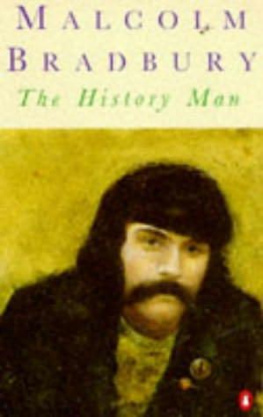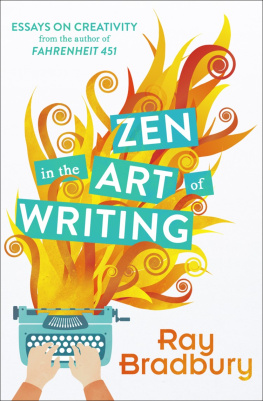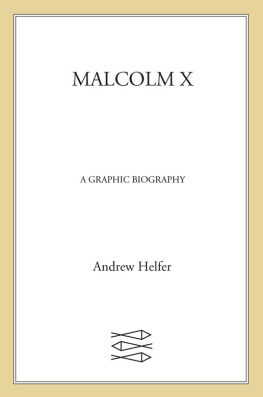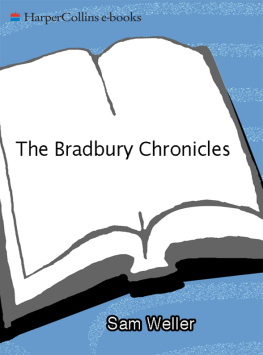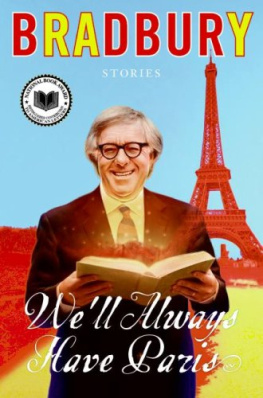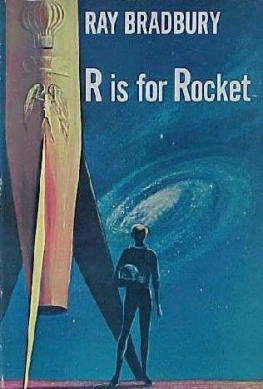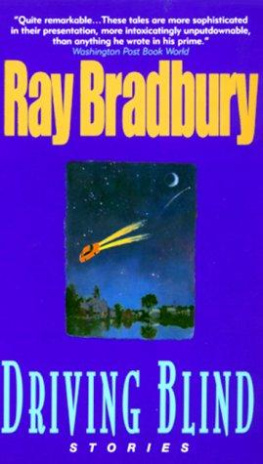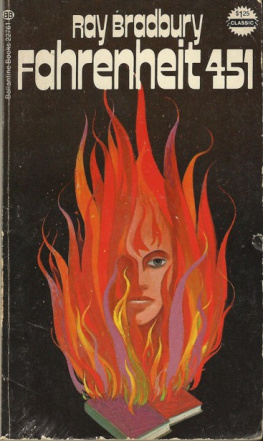INTRODUCTION
I
ONE DAY AT the end of the 1950s, long before monetarism, Dallas , and Legionnaires disease, when the world was still quite young, two pelicans were seated on a warm current at the mouth of the Saint Johns River, in Northern Florida, snapping their beaks at fish and eyeing each other quizzically, when they were interrupted by an unexpected sight. A battered, salt-caked freighter, no bigger than a large bedroom slipper, had penetrated through the well-nigh impassable shoals at the rivers mouth, and was proceeding on an uncertain course up the estuary. A string of flags fluttered from the mastheads, proclaiming either that the pilot was on board, or the cholera was. But what attracted especial attention was the dull, ravaged figure, his features pasty-white, his clothes scuffed and battered, his eyes fixed on the foggy horizon with the myopic gaze of the true visionary, who stood at the ships rail. His Rex Harrison hat and the thick tweed suit in which he sweated proclaimed him to be unmistakably British. His socks somehow failed to match; something resembling a postgraduate thesis appeared to be tucked under one of his two armpits. Hullo, another goddam Columbus, said the more observant of the pelicans; and they took off south to fulfil an old wing-flapping engagement they were booked for at the Fontainebleu in Miami.
Meanwhile the freighter staggered on on its disorderly course up the channel; the raddled figure by the rail staggered with it, desperately looking for harbour. It seemed to him extraordinary that only a mere six weeks before this he had been back at home in 1950s Britain, boarding, somewhere off a back street in Salford, Manchester, this same vessel, the M.S. Necrophilia a fine sight then as she lay, her spars agleam, her brasswork shining, her crew gaily dancing hornpipes, at rest on the muddy bottom of the Manchester Ship Canal. It seemed to him even more extraordinary that he had started on his voyage a debonair and promising youth, a young Nottingham intellectual with five published articles to his credit, all in journals of absolutely no importance. A Nottingham intellectual may not seem on the face of it a demanding pastime; it is therefore worth remembering that in the later 1950s there was just as much angst, despair and hard thinking, and of just as good a quality, in Nottingham as there was anywhere else. For in those days the provinces were in; Nottingham was full of Jewish refugees called Grizelda, who played the harp in black stockings; in its espresso bars, under the heavy tropical greenery, lulled by the aphrodisiacal pulsing of Spanish guitars, the coffee machines worked without steam, and the bright young writers and intellectuals steamed without work. For only shortly before this, John Osbornes play Look Back in Anger had tempted into existence a large motley crew of intellectual vagabonds and misfits who, when they were not sleeping in sleeping bags on Hampstead Heath, sat around in Nottingham and Leicester, drinking cups of broth and condemning the world, consumerism, Harold Macmillan, and virginity. And they dreamed dreams, above all of the United States, the land of modernity, freedom, space, jazz, spontaneity and, with luck, even a little sex as well.
Such, then, was the spirit of the quest that had driven this now broken figure on board the Necrophilia , determined to take the freighter route to America and the free and open life. Six weeks before, the fabulous voyage had begun, out past ancient Altrincham; it was only when three days had gone by, and the vessel, seemingly growing smaller by the hour, had still not made open sea, that the uneasy thought had begun to arise in our travellers mind that perhaps not every omen surrounding his New World voyage was propitious. A mere ten days out, and Dublin was sighted. Here several more days were devoted to commerce, largely on the part of the mate, whose business it was to sell perfectly new hawsers to strange red-nosed men in unmarked vans; then the voyage proper commenced. Nosing round the southern tip of Ireland into the December gales, which had waited until February to find a ship as ill-equipped as this, the vessel began its Atlantic passage. Battered by storms, it responded magnificently, converting itself into a kind of submarine and advancing forward just a few feet below sea-level. Water came down the funnel frequently; the cargo, of ill-packed crates of Scotch whisky, now began shifting, needing the frequent attention of the crew; the captain, judging the weather, ordered that not only should the ships furniture be screwed down, but the six passengers as well. Yet a mere six weeks later, the famous landfall had come, just that morning. The shouts of sailors sounded on deck, warning that the ship was about to run into a large hut marked McDonalds Hamburger; the captain was raised from his drunken stupor; maps were, with difficulty, found, and it was discovered that all this was consistent with having reached America.
It is hard, in these cynical times, to evoke that classic sense of wonder that has always occurred, throughout history, as the New World reveals itself in its marvellous novelty. But we may be sure our immigrant experienced it as, by a mere three in the morning, the gangplank was secured, and he descended at last into the new land, felt Florida underfoot, halted on the dock-side, and shook his fist at the captain of the Necrophilia in a last malicious gesture of farewell. Then he turned to confront America: the land of the free, the home of the brave, the world of the modern and the new. There was a bare dock wall; two or three longshoremen stood in the shadow of the wharf, pilfering beef and arguing whether it was better to be written up by Eugene ONeill or Arthur Miller. No form of transport was to be seen; the lights of the town shone, ridiculously far away, beyond a nexus of railroad tracks and waterlogged ditches in which alligators snapped at rusting Coke cans. A frost scarce in these parts seeped up the leg of the visitors trousers. Wiping a tear of chagrin from his eye, and shouldering a metal foot-locker that seemed to him neither smaller nor less weighty than the Empire State Building, in fabulous New York City, which he took to be just up the road, the figure lit out, sagging at the knees, into the territory that Christopher Columbus had once, in a not dissimilar state of confusion, discovered.
Yet, despite his bleak, late-night landfall, the strangers arrival had not gone unnoticed. Indeed, throughout the Land of Liberty, preparations were at that moment being made for his arrival. In the immigration shed along the dock, officials were doing revision seminars in aggression and hostility. In great cities the length of his likely route, taxi drivers were resetting the meters in their cabs; in hotels and motels clear across the nation, box-spring vibration-mechanism body-contoured mattresses were being removed from beds, and replaced with straw-filled sacks. In major research libraries everywhere, rare books were being removed from shelves and concealed in private homes, in case he wished to consult them. Thus, as he dragged his footlocker through the swamplands to the nearest Greyhound station, where the sailors slept on benches with their mouths open, and cleaners came round to brush his shoes with brooms as the daylight rose, America expected him, just as much as he expected America. Three hours later, on a dark-windowed bus going northwards, with the Spanish moss dripping over the long straight highway, the lavatory flushing just behind him, and a magazine on his knee displaying pictures of sunbathing beauties by a luxury pool, under the legend This Time, Try it By Freighter, the traveller began to reflect on his experience. It came to him then that not all was lost. There was probably a book in it, several books. For it is with literature as with diarrhoea; nothing stimulates either as much as travel and cultural comparison.







